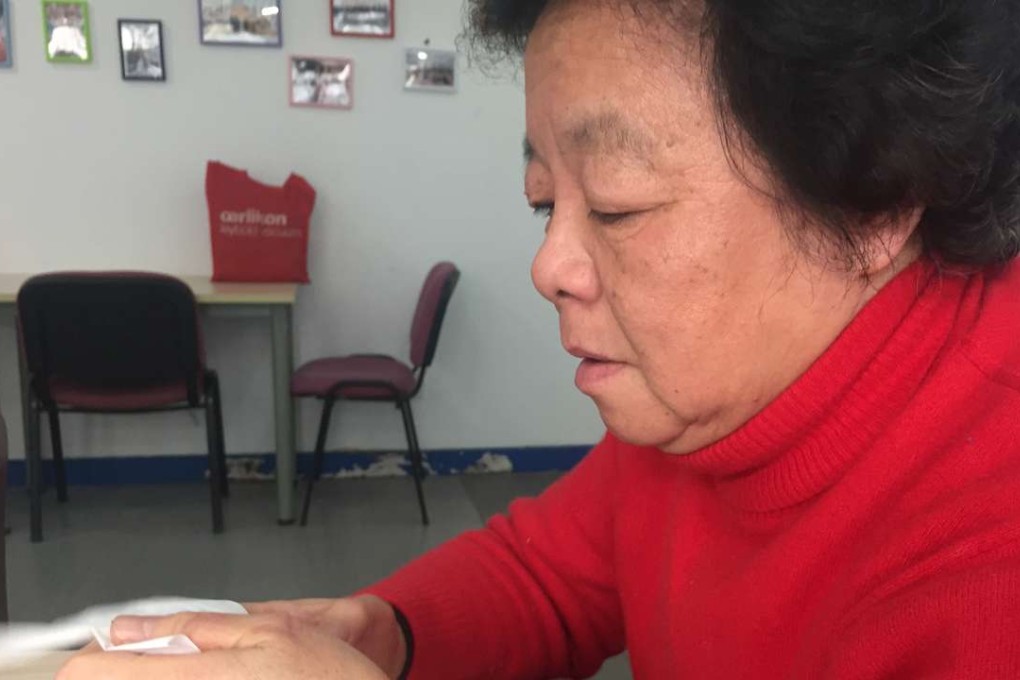Hopeless and alone: Spring Festival a bitter reminder for China’s elderly parents who’ve lost their only child
In the third of our four-part series on how people across China are spending the Lunar New Year, we talk to a Shanghai woman who is part of a Chinese phenomenon so common there’s even a term for it – shidu fumu

The English language has no term to describe a parent whose child has died. When fathers and mothers die, their children are called orphans. When a husband or wife dies, the spouse left behind is a widow or widower.
In China, however, it has become so common for elderly parents to lose the only child allowed to them under the government’s stringent one-child policy that a term has been coined to describe them – shidu fumu.
Shanghai widower Shi Hongbao is one of them. Her only daughter died of cancer four years ago.
As people across the country celebrate joyous reunions with their families this Lunar New Year, Shi is spending it alone. The annual affair is always a bitter reminder of how much she has lost.
“I don’t like the Spring Festival [any more],” the 68-year-old said. “I feel terribly sad during the holiday.”
Shi’s daughter died of lymphoma – a blood cancer – in 2013 at the age of 36 after battling the disease for years, unbeknown to her mother.